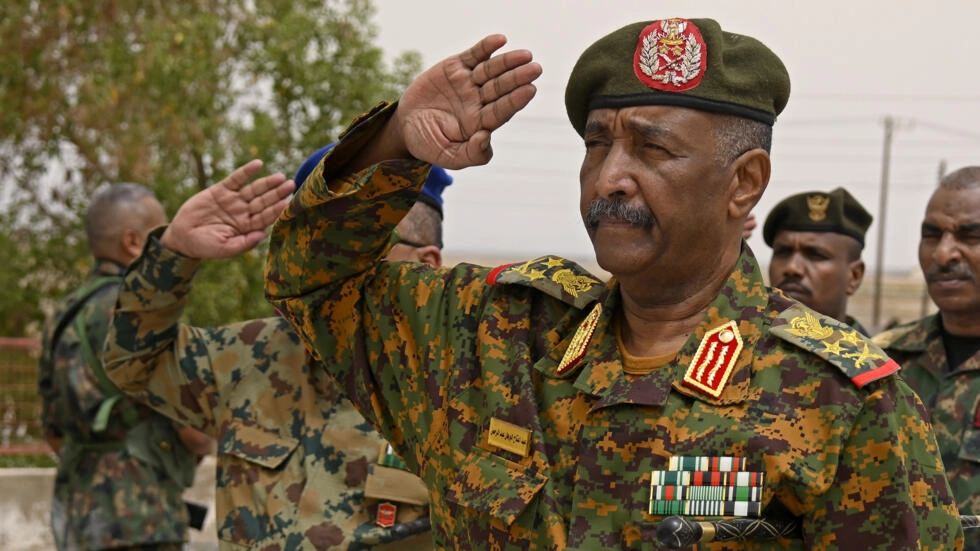
(Reuters) – Sudan’s military ruler Abdel Fattah al-Burhan on Monday dashed hopes of talks to end a months-long war, denouncing the rival paramilitary Rapid Support Forces (RSF) as “traitors” and promising a decisive victory in a speech to soldiers.
Millions have been driven from their homes and a humanitarian crisis has escalated since the conflict between the army and the RSF began in April. Successive talks have failed to bring the fighting to a complete halt.
“We do not make deals with traitors, we do not make deals with anyone who has betrayed the Sudanese people,” Burhan, who is also the head of the army, told cheering soldiers at the Flamingo Base in Port Sudan on the Red Sea.
His speech came one day after the head of the RSF expressed openness to talks and a long-term ceasefire, and days after Burhan emerged from the capital Khartoum for the first time since the war broke out.
The two forces had shared power since toppling Omar al-Bashir in 2019 and blame each other for starting the war, which broke out amid plans to integrate their troops into a single force as part of a transition to democracy.
Burhan has embarked on a tour of bases in army-controlled regions and is expected to travel to Saudi Arabia and Egypt, prompting some to speculate that a deal was imminent.
“We are dedicating all our time to this war … to ending this rebellion,” Burhan said, promising a quick and decisive victory, echoing previous statements from the military leadership.
The RSF “are completely exhausted – just a little effort and they will be finished,” he said.
Burhan denied that his troops had received any foreign assistance and said his exit from the capital was thanks to a military operation involving the air force and navy, and that two soldiers had died in the action.
In recent weeks, the army has fought back a fierce RSF attack on the Armoured Corps base in southern Khartoum, one of its only remaining strongholds in the capital, the other being the army headquarters where Burhan was based.
The siege has led to civilian casualties and has cut off locals from electricity and water, while making it difficult for them to flee, say activists.
The two sides have also fought fiercely for control of Nyala in South Darfur state, with activists reporting scores of civilian casualties and aid agencies saying the city has been cut off from assistance or utilities.


